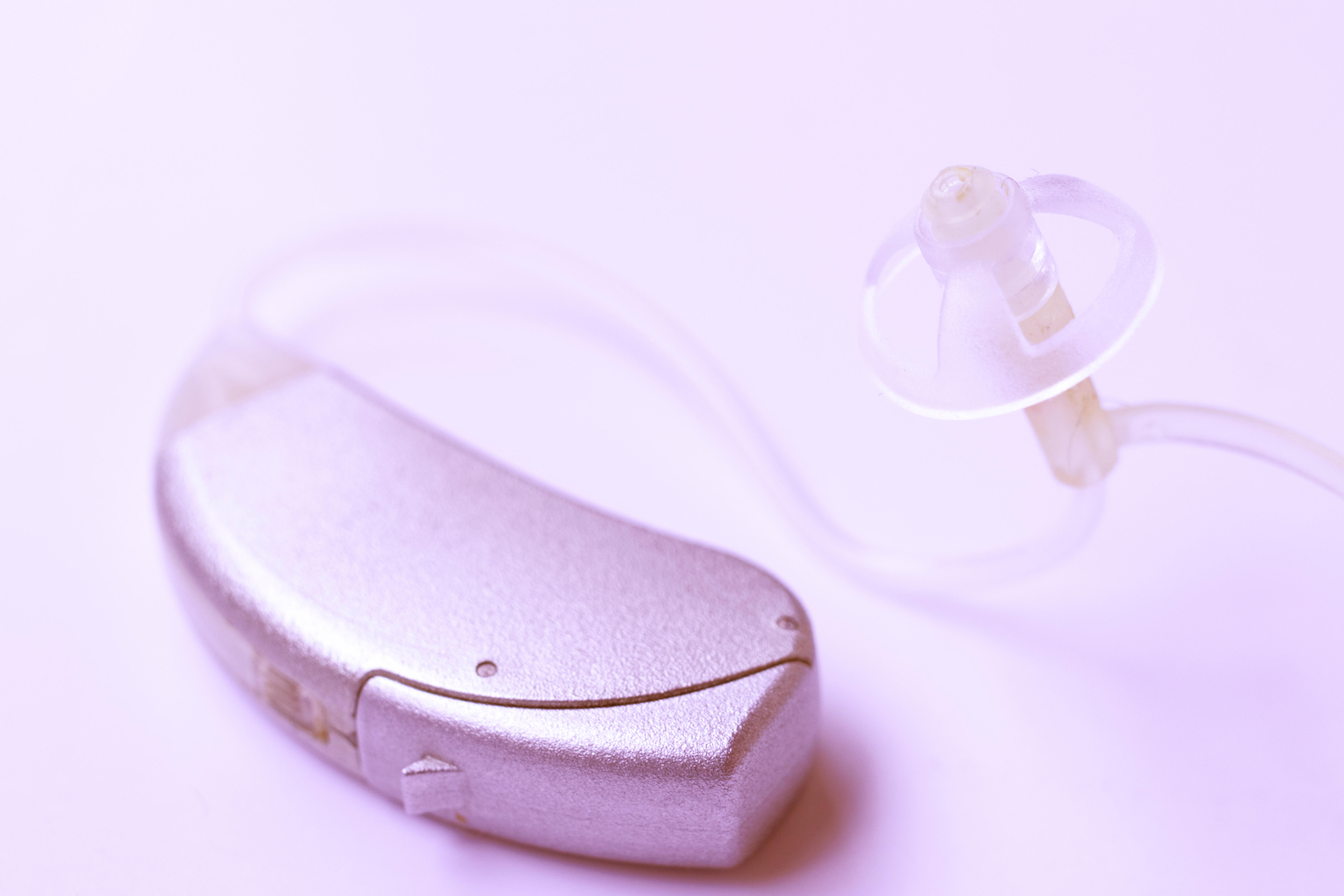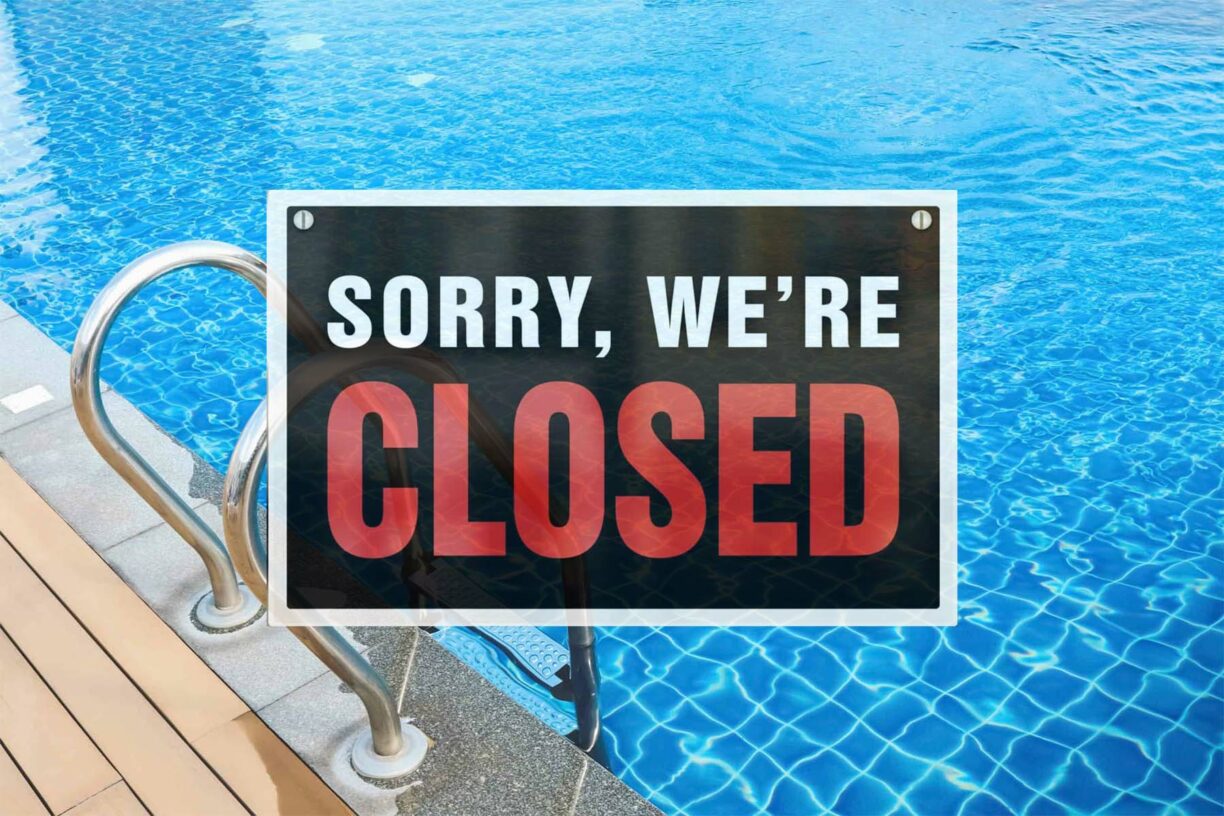Ahead of its return to our screens, Love Island has released the latest line-up of singletons looking for romance.
And this year, 23-year-old Tasha Ghouri will be heading to the villa in Mallorca. She’s a dancer and model who lives in Thirsk, North Yorkshire, and is breaking ground as Love Island’s first deaf contestant.
Ghouri said her family and friends would say, “I’m inspirational because of my hearing and my cochlear implant.
I inspire quite a lot of people because I’m really open about it.” She was born deaf, and got a cochlear implant when she was five years old.
In 2021, Ghouri went viral for modelling earrings for ASOS – with her cochlear implant in full view. At the time, the Royal National Institute for Deaf People (RNID) tweeted: “Representation. Matters. So. Much. Well done, @ASOS!”
Ghouri posted about the experience on Instagram, writing: “My heart is so full right now! Thanks so much for all of your kind messages.
Wow. It may just be an ear but it means so much more – like what @rnid_uk said representation matters, and I’m bloody proud to represent my community. Biggest love to @asos for welcoming me in and breaking boundaries as this will really help and inspire people out there.”
Ghouri also has a separate Instagram account “all about raising awareness for the deaf community” and includes advice and positive messaging.
Annie Harris, advocacy officer at RNID, who is deaf, says: “It’s great to see Natasha wearing her cochlear implant with pride, and her appearance on Love Island will be another boost for the deaf community.
“We’re so pleased to see the continued momentum around the representation of deaf people in mainstream TV and films.
This is also a fantastic opportunity to increase public awareness and understanding about the different experiences of deaf people and people with hearing loss, which we hope will lead to positive change and break down more of the barriers they can face.”
Cochlear implants are different to hearing aids – so how do they work?
How do cochlear implants work?

Bev Carter, senior audiologist at Hearing Direct, describes getting a cochlear implant as “a very invasive procedure – a bit like having a pacemaker fitted”.
She explains: “The implant is implanted surgically – it’s attached to an electrode array [a configuration of electrodes] that’s placed into the inner ear. When the sound comes in, it sets off an electrical impulse that simulates what the hair cells do.”
The patient wears a hearing aid hooked over the ear. This is connected to an electrode – “around a bit that attaches magnetically to the skull. The hearing aid picks up the sound, the electrode transfers the sound to the electrode array within the skull, into the inner ear”.
After the procedure, Carter says: “The hearing aid can’t be fitted for at least three or four months while all that is settling down” – so the patient wouldn’t be able to hear for that period.
In terms of upkeep, she adds: “The electrodes are checked regularly, and if they need replacing, then it would have to be replaced. During that time, the person would be completely deaf without it.”
Who might benefit from a cochlear implant?
“A cochlear implant is for those people where a traditional hearing aid is not going to help them, because the damage to their hair cells in the cochlea is too severe,” explains Carter.
She indicates it’s much better to get the implant sooner rather than later, adding: “If a person has a cochlear implant from a very young age, then probably they can talk really well – the younger it’s done, the better.
“Most people with an implant will also lip read to a degree, so they will always like to be facing you when they talk to you.”
Carter says Ghouri’s implant is “not going to be a problem for her” in the villa – “other than she would have to take it off to go swimming, because water would affect it”.
How far have cochlear implants and hearing aids come?
“With hearing loss, there’s not the stigma attached to it that there used to be,” says Carter – but she still wants more people to get a regular hearing check-up.
“We have our eyes checked every two years – why do we not think about getting our hearing checked every two years?
I think it’s because in bygone days when we only had analogue hearing aids – they were great big, monstrous things you had on your ears.
It left people with that stigma – but the younger generation coming through are on board with it – they’re quite happy to wear things in their ears.”
And Carter emphasis how far technological advancements have come for both cochlear implants and hearing aids.
“A lot of devices now have Bluetooth technology, which is fantastic as it means people can connect directly with their mobile phones,” she says. “There’s a lot of really funky assistive hearing devices – there are hearing aids that look like AirPods.”
Ultimately, Carter says getting your hearing checked is easy. “You can get it checked for free, and if you don’t want to book an appointment to go anywhere there are online tests you can do that will at least start a conversation.
“The earlier hearing loss is treated, the better.”
Love Island launches on ITV2 on June 6 at 9pm.





